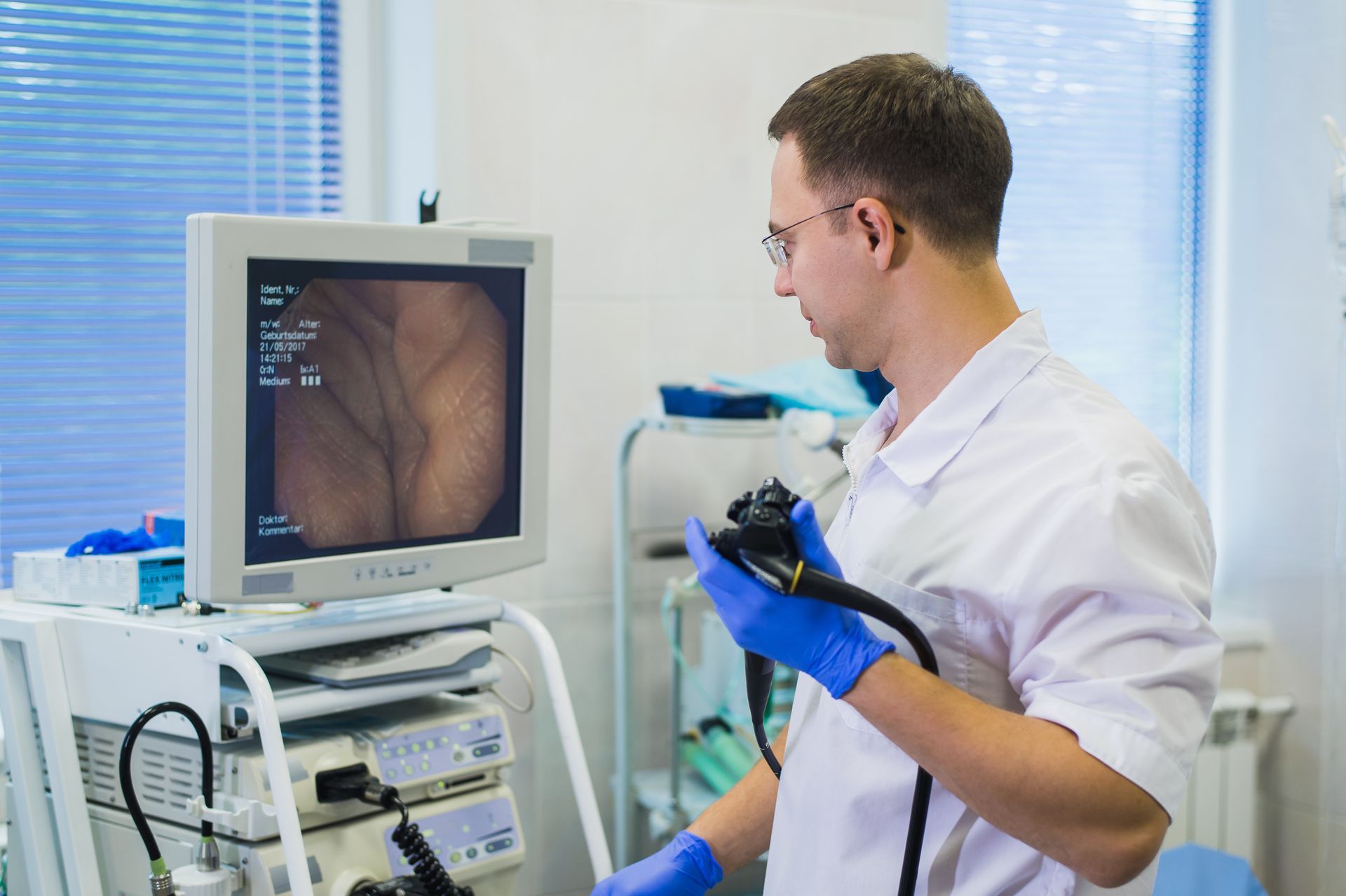Colon Polyps: Key to Colon Prevention
You’ve heard all the talk about colonoscopies and why they are so important in the prevention and detection of colon cancer . If you are at least 50 years old or have certain risk factors, your physician has probably recently discussed one with you, and if not, it is likely that they soon will. But, do you know exactly how the “prevention” part of a colonoscopy works? What exactly are they looking for that could keep you from even developing cancer in the first place? The answer, in a word, is polyps .
What are Colon Polyps?
Colon polyps are growths that occur within the inner lining of the colon or rectum. They can vary in size, shape and number, and although they are benign, they can eventually develop into cancer. For this reason, finding and removing polyps early is critical to the prevention of colon cancer.
Types of Colon Polyps
There are two distinct types of colon polyps: hyperplastic and adenoma. The key difference between the two is their likelihood to become cancerous. Hyperplastic polyps are not risk factors for cancer. Adenomas, however, are believed to be the source of origination for nearly all cases of colon cancer. While not all adenoma polyps will develop into cancer, this connection is enough for physicians to consider these growths pre-cancerous and to treat them as such.
How Common are Colon Polyps?
Polyps are a rare occurrence in younger patients, but the risk increases dramatically with age. In fact, an average risk individual has a 25 percent chance of having one or more polyps by age 60. While, we aren’t certain of all of the factors that may contribute to the development of polyps, we do understand some key risk factors which seem to contribute. These include:
- Age of 50 or older
- Family history of polyps or colon cancer
- Smoking
- Obesity
- Having other gastrointestinal conditions such as IBD , Crohn’s , or ulcerative colitis
- Having an inherited condition such as familial adenomatous polyposis
Should I Be Worried if My Colonoscopy Reveals Polyps?
If your gastroenterologist finds polyps during your colonoscopy, it means that your screening has done its job successfully. By identifying and removing them, you may have effectively prevented the development of colon cancer in the future, a fact that should leave you feeling relieved. Based on what they learn from your colonoscopy and biopsy of polyps, your physician can recommend a schedule of how often you should have the test repeated. Keeping up with these repeat screenings will continue to help identify potentially dangerous growths or changes within the colon before they become problematic.
If you are 50 years or older or are considered above average risk for colon cancer, don’t delay your recommended testing. Contact Digestive Diseases Center and request a consultation with one of our gastroenterologists today.
CONTACT
850-763-5409
ADDRESSES
4 LOCATIONS
204 E 19th Street, B, Panama City
12216 Panama City Beach Pkwy, D, Panama City Beach
4295 3rd Ave, Marianna
101 Good Morning St., 109B, Port St. Joe
Subscribe to our newsletter:
subscribe to our newsletter
We will get back to you as soon as possible.
Please try again later.



